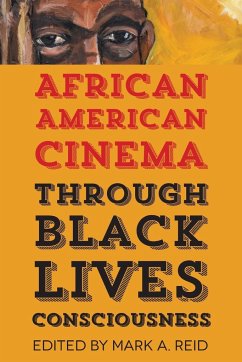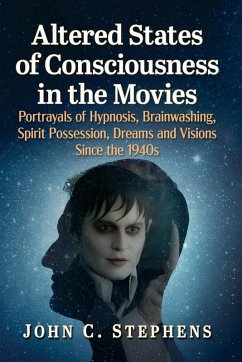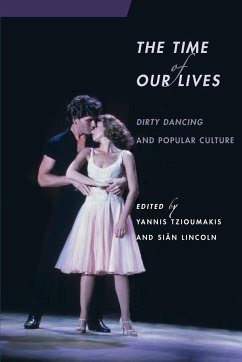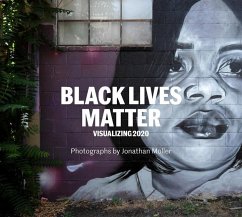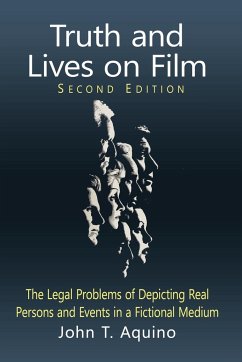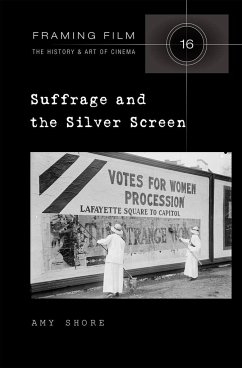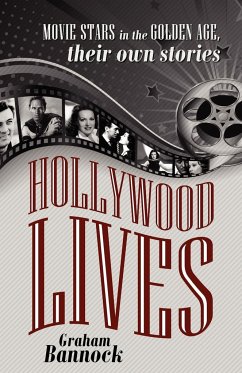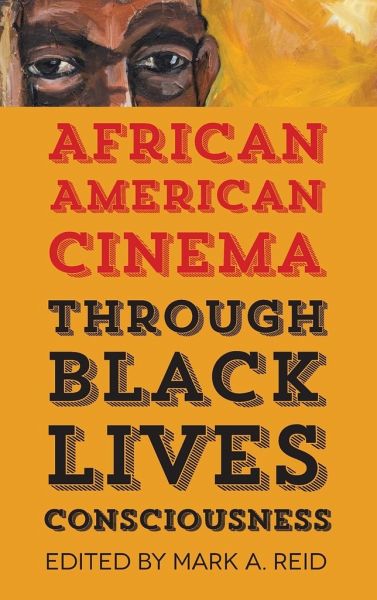
African American Cinema Through Black Lives Consciousness
Versandkostenfrei!
Versandfertig in 1-2 Wochen
90,99 €
inkl. MwSt.

PAYBACK Punkte
45 °P sammeln!
African American Cinema through Black Lives Consciousness uses critical race theory to discuss American films that embrace contemporary issues of race, sexuality, class, and gender. Its linear history chronicles black-oriented narrative film from post-World War II through the presidential administration of Barack Obama. Editor Mark A. Reid has assembled a stellar list of contributors who approach their film analyses as an intersectional practice that combines queer theory, feminism/womanism, and class analytical strategies alongside conventional film history and theory. Taken together, the ess...
African American Cinema through Black Lives Consciousness uses critical race theory to discuss American films that embrace contemporary issues of race, sexuality, class, and gender. Its linear history chronicles black-oriented narrative film from post-World War II through the presidential administration of Barack Obama. Editor Mark A. Reid has assembled a stellar list of contributors who approach their film analyses as an intersectional practice that combines queer theory, feminism/womanism, and class analytical strategies alongside conventional film history and theory. Taken together, the essays invigorate a "Black Lives Consciousness," which speaks to the value of black bodies that might be traumatized and those bodies that are coming into being-ness through intersectional theoretical analysis and everyday activism. The volume includes essays such as Gerald R. Butters's, "Blaxploitation Film," which charts the genre and its uses of violence, sex, and misogyny to provoke a realization of other philosophical and sociopolitical themes that concern intersectional praxis. Dan Flory's "African-American Film Noir" explains the intertextual-fictional and socio-ecological-dynamics of black action films. Melba J. Boyd's essay, "'Who's that Nigga on that Nag?': Django Unchained and the Return of the Blaxploitation Hero," argues that the film provides cultural and historical insight, "signifies" on blackface stereotypes, and chastises Hollywood cinema's misrepresentation of slavery. African American Cinema through Black Lives Consciousness embraces varied social experiences within a cinematic Black Lives Consciousness intersectionality. The interdisciplinary quality of the anthology makes it approachable to students and scholars of fields ranging from film to culture to African American studies alike.



